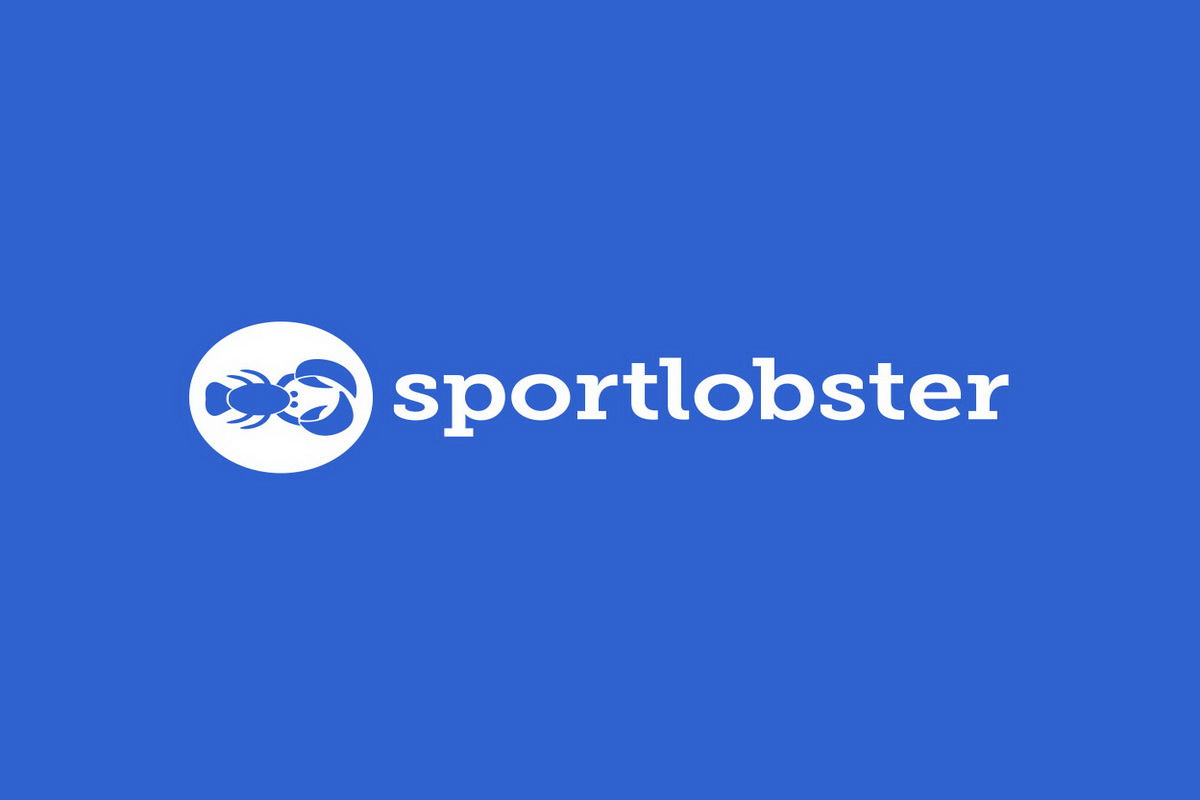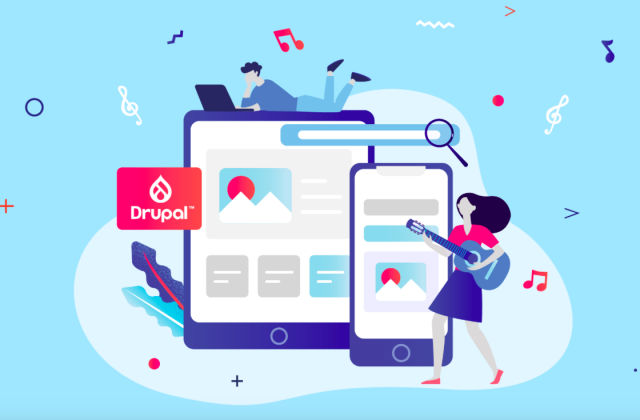What is behind every successful business? An idea, and a team of professionals. We know, we were there, helping sport social network Sportlobster achieve its goals and promote its idea.
What makes the world move forward? An idea.
One of the main reasons why the social network Sportlobster grew in popularity very fast and received so much attention from media and investors probably lies in an idea – so simple and yet so great in its simplicity.
When online, most of the time we are “struggling” to find relevant information (regardless of the subject) fast and easy, without having to surf the net “intensively” and visit multiple sites.
This is exactly what was happening with sports fans before a blog post about Serbian tennis player Novak Djokovic happened (so to speak).
One of the co-founders of Sportlobster, Andy Meikle, read a blog post on Djokovic by chance.
According to Meikle, the blog was good and with a lot of comments, but poorly visited, followed and certainly hard to find (unless by chance).
“I realised … how disjointed following sports online is – especially if you are a fan of multiple sports. I wanted to bring it into one place and make it a one-stop shop. It was thanks to a Novak Djokovic blog post that the penny dropped”, Meikle explained for The National.
So, the idea grew both from passion (Meikle was a football player and Aaron Shepherd, the other co-founder, a rugby player) and a clear-sighted perspective on the obstacles sports fans faced online, and Sportlobster was launched in April 2013.
The users could find news, predictions, videos, photos, scheduling of events, write blog posts and share their opinions with other fans and athletes, and forecast the results of future games for seven sports.
That was the beginning of a successful breakthrough.
What can make a social media network popular? A niche.
What seemed to interest most of the critics, journalists and potential investors when Sportlobster was launched was the social media network market.
With Facebook and Twitter domination, many social network platforms can see a quick rise and fall. The truth is that no one competes with Facebook and Twitter, but with specific target groups no one has to.And here lies the advantage of a niche network.
In an interview for The Huffington Post, Meikle shared his thoughts on why Sportlobster isn’t in fact competing with major social media networks:
“On Twitter and Facebook you cannot follow people based on their specific interests in sports; you cannot write articles and find other user articles within specific categories of sport; you cannot make a prediction on an upcoming match and be rewarded with points based on how other users predicted; you cannot add sporting events to your calendar, get standings, fixtures, results or live scores. As we deliver all of this and much more, users will be attracted to Sportlobster not only for those reasons mentioned, but also because in the very same environment they can enter relevant discussions within their interests in sport.”
With a network that serves a specific purpose, you can attract important people with experience in different sports, and that is how some of the big names in sport became regular users on the network.
The network first attracted the former Manchester United star Terry Gibson, Sky Sports F1 Presenter Natalie Pinkham, who is a Sportlobster ambassador, ex-Arsenal football player Ray Parlour, and England rugby international James Haskell. Soon, Nico Cary, British triathlete, became a chief architect of Sportlobster.
https://twitter.com/nicocary/status/411860567948005376
Mobile app and improved UX
In the same interview for the Huffington Post, Meikle said:
“Sportlobster will be the social network for sports fans around the world and will revolutionise the way fans create and source sports content, and interact with others.”
And that is what happened to Sportlobster after improving user experience by launching a mobile app.
A few months after the network’s introduction, 47% of users were checking the site on their smartphones, so creating a mobile app was in a way a logical step in turning this start-up into business. Sportlobster first received the investment from Luxembourg-based Witchwood Capital Partners, and soon after that from footballer Michael Owen and F1 driver Mark Webber.
Needless to say, the app was (is) a key to a bright future:
“The app offers a way for sports fans to interact with their favourite athletes and sports teams and have their own voice heard by likeminded fans. While other platforms may allow you to have a voice, Sportlobster offers a dedicated space to discuss real topics in sport”, said Owen.
Owen was very pleased with the idea that this sport network is not restricted to 140 characters and once he started with his predictions for the Premier League, Sportlobster received attention from many important media (Daily Star, Express, Daily Mail, Daily Echo, The Sport Review, and other European media, French Canal+, Dutch ELF Voetbal, and more). The app revolutionised the network.
Excited to be appointed as an ambassador for @sportlobster Their new iPhone app is wicked. Follow here http://t.co/C3P1Heshp4
— Mark Webber (@AussieGrit) October 25, 2013
What is behind any successful social media network idea? A team.
Behind any successful IT business is a creative and developing team.
New product development does not only require a good and experienced team but also a team of professionals who can provide digital business consulting. We are very pleased to have been able to employ our skills and expertise in building a bright future for this sports social network. .
The initial project was delivered in record timescales. After a kick-off meeting with Sportlobster’s founders on 5th of October 2012, a Private Beta was launched on Amazon Web Services (AWS) on 1st of February 2013.
Live Beta site was launched on 9th April 2013.
Sportlobster is one of our successful projects and we are glad to have contributed to their success.




